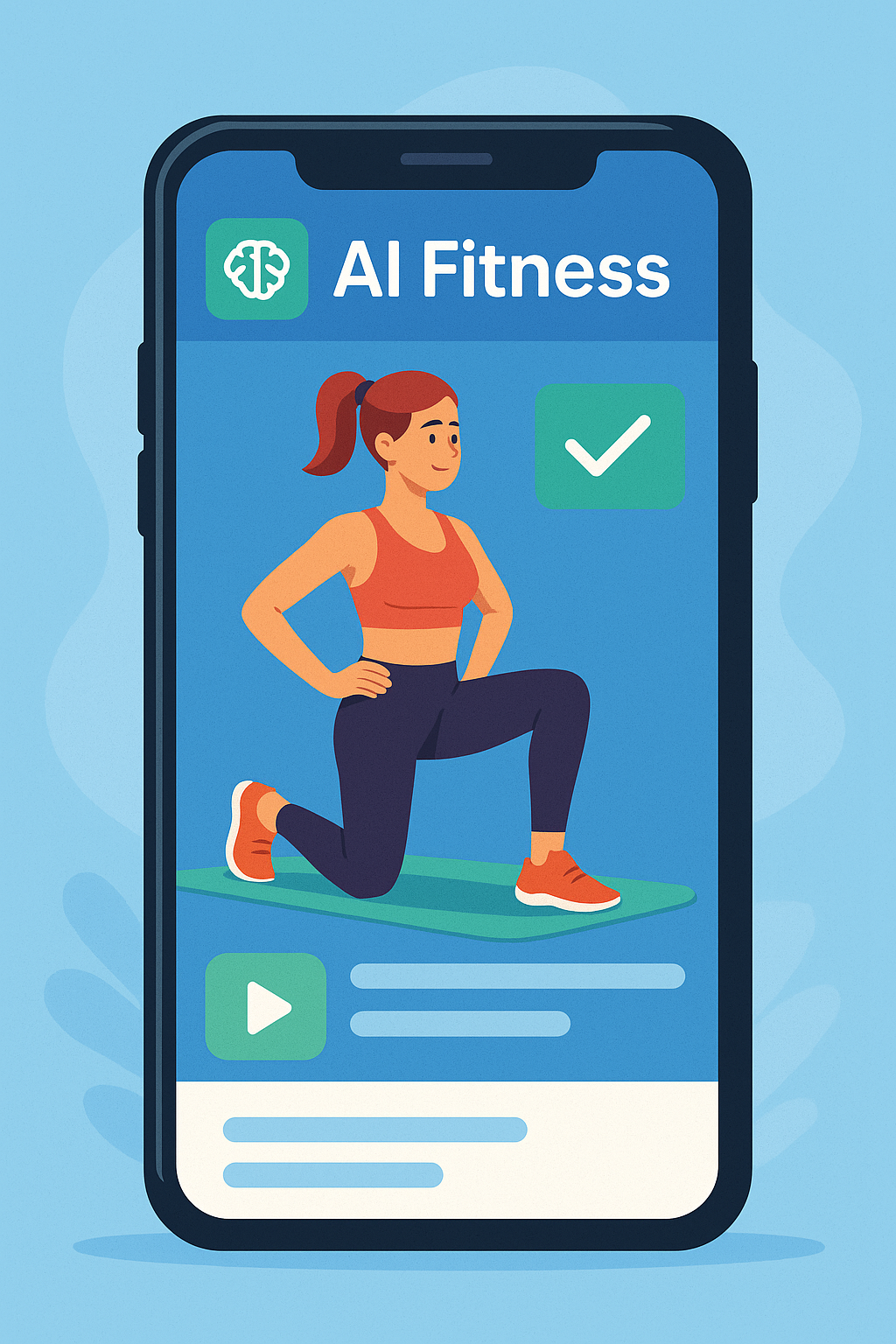Introduction
In 2025, fitness influencers are more than just people flexing their abs or posting gym selfies. They’ve evolved into full-blown digital entrepreneurs — building personal brands, launching workout apps, and influencing how millions of people eat, move, and think about their bodies.
From viral Instagram reels and 12-minute YouTube ab workouts to science-backed recovery tips on TikTok, fitness influencers are now central figures in the global health conversation. Some are licensed trainers, others are self-made through consistent sharing of personal transformation stories. What connects them all is their ability to inspire, educate, and monetize their lifestyle.
But how do they actually earn a living? How do you know which ones are trustworthy? And what are the trends driving their success in 2025?
Who Are Fitness Influencers?
Fitness influencers are content creators who specialize in physical wellness, exercise routines, nutrition, and holistic health across platforms like Instagram, TikTok, YouTube, and Threads. They may have 1,000 followers or 1 million, but their influence lies in how closely their audiences relate to and trust their content.
They’re not a one-size-fits-all group. You’ll find:
-
🏋️ Certified personal trainers with credentials from NASM, ACE, or ISSA
-
🧘♀️ Wellness-focused creators blending yoga, breathwork, and mindset
-
💪 Bodybuilders and CrossFit athletes documenting intense training
-
🏃♂️ Lifestyle bloggers sharing weight-loss journeys or post-pregnancy fitness tips
-
👩💻 Desk-bound creators helping office workers stretch and stay mobile
For example, Chloe Ting rose to fame with free YouTube challenges, while creators like Jeff Nippard back their videos with peer-reviewed research. Some, like Joanna Soh, blend workouts with food and mindset coaching. Others — especially micro-influencers — offer niche value: kettlebell routines, bodyweight training, or marathon prep.
How Do Fitness Influencers Make Money?
The business model of a fitness influencer is now multi-layered — blending product sales, brand partnerships, and community monetization. Here are some top ways they earn in 2025:
| 💰 Revenue Source | 💡 Description |
|---|---|
| Brand Deals | Paid partnerships with supplement brands, fitness apparel (e.g. Gymshark, Lululemon), smart wearables (e.g. WHOOP, Garmin) |
| Affiliate Marketing | Earn commission by linking followers to recommended gear, workout equipment, or online courses |
| Digital Products | Sell workout plans, recipe eBooks, mobility routines — often through Gumroad, Notion, or their own sites |
| Subscription Apps | Host full fitness programs in apps like Playbook, Trainerize, or even via Patreon |
| Ad Revenue | Monetize YouTube, podcasts, or newsletter ads |
| Virtual Coaching | Offer 1:1 or group training via Zoom, WhatsApp, or personalized email plans |
According to Insider Intelligence (2024), high-performing fitness creators can earn $5,000–$25,000/month. Even mid-tier influencers pull in $2,000–$7,000 with strong engagement and consistent output.
🔗 Source: Insider Intelligence, Creator Economy 2024
How to Tell if a Fitness Influencer is Credible :
For every science-backed coach online, there’s someone selling “flat tummy detox tea.” So how can you tell the real from the gimmicky?
Here’s a simple checklist to evaluate a fitness influencer’s credibility:
-
✅ Certifications – Look for trainers with credentials from reputable bodies (NASM, ACE, CPT, etc.)
-
✅ Realistic Claims – Be wary of 7-day transformations or “magic” results
-
✅ Science-Based Content – Do they cite research or explain their methodology?
-
✅ Transparency – Is it clear when content is sponsored or paid?
-
✅ Engagement Style – Do they reply to comments, ask for feedback, or foster a community?
You can also search Reddit forums like r/xxfitness or r/bodyweightfitness to find honest feedback about specific influencers or programs.
Current Trends Among Fitness Influencers in 2025 :
The influencer space moves fast. Here’s what’s trending in the world of fitness influencers this year:
-
Functional > Aesthetic
-
Expect more content about movement efficiency, flexibility, and long-term joint health over shredded abs.
-
-
Mental Health + Fitness
-
Many now talk openly about anxiety, burnout, and building healthier relationships with fitness itself.
-
-
AI-Coaching Tools
-
Some influencers have launched GPT-powered assistants to deliver custom workouts based on user goals.
-
-
Micro-Influencers Rising
-
With higher trust and engagement, smaller creators are outperforming big names in niche fitness communities.
-
-
De-Influencing
-
Creators are calling out scams, low-quality products, and unnecessary gadgets. Authenticity is winning.
-
Why Fitness Influencers Matter in 2025
The appeal of fitness influencers isn’t just about the six-pack. It’s about access.
They’ve made fitness:
-
More affordable (compared to $100/hour personal trainers)
-
More convenient (workouts from your living room)
-
More inclusive (for different body types, abilities, and goals)
In a world where sedentary lifestyles are common and gym anxiety is real, fitness influencers offer real solutions — if chosen wisely.
Platforms like TechProTech encourage users to engage with creators who inform, not mislead — and who help make fitness feel doable, not overwhelming.
Final Thoughts on Fitness Influencers :
Fitness influencers in 2025 are no longer just motivational figures — they are digital educators, brand ambassadors, wellness coaches, and entrepreneurs.
But like any powerful tool, they can either empower or mislead. Whether you’re following a CrossFit athlete, a yoga mom, or a mobility coach, ask yourself: Does this person make fitness feel sustainable, safe, and smart?
Stick with those who emphasize progress over perfection. And if you’re creating content yourself — remember: credibility outlives virality.


